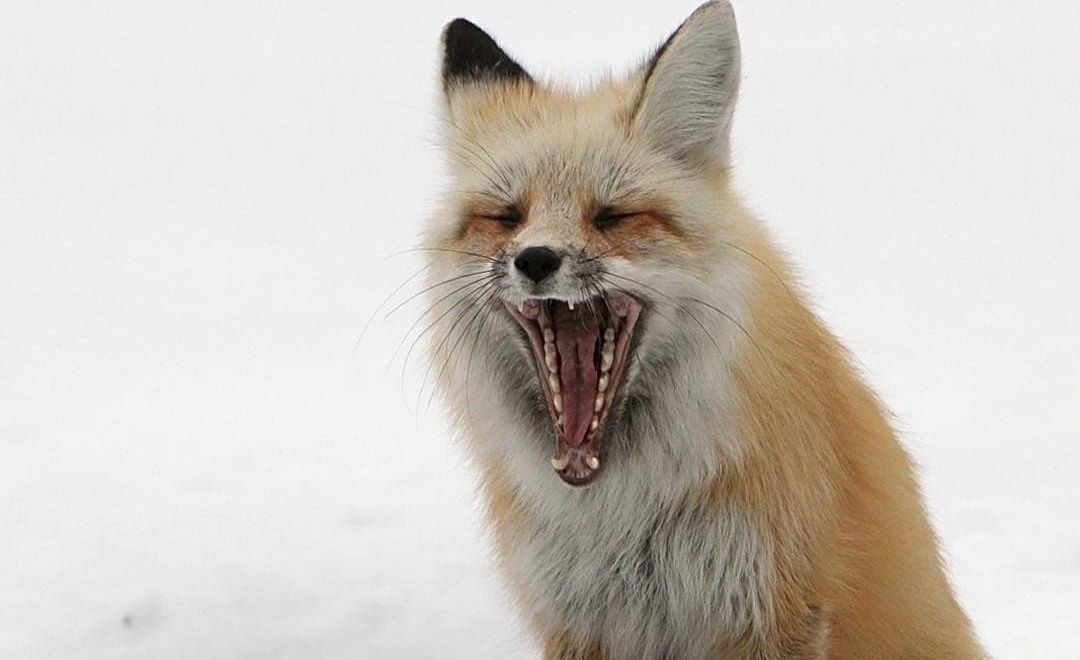December 10, 2018, was a day for celebration. Luxury fashion house Chanel announced the decision after reviewing their supply chain and realizing there was no way to ensure the furs and skins were being ethically sourced. This move comes in the wake of other brands moving in the same direction. These include Burberry, Gucci, Michael Kors, Tom Ford, Furla, Versace, Armani and DKNY who have all vowed to stop selling fur products or are working to phase fur out of their collections. While Gucci was the first to inspire others to go fur-free since their announcement last year, Chanel is the largest luxury fashion brand to make this move. Hopefully, this will inspire all brands, both high fashion and fast fashion, to follow suit.
Although the aforementioned brands have banned fur in either current or future collections, Chanel is the first fashion house to ban the use of exotic skins too.
This is a big deal.
Parent companies LVMH and Kering who own most other fashion brands combined, like Louis Vuitton, Dior, Fendi, Saint Laurent, and Bottega Veneta to name a few, are finding their own ways to use reptile skins and they are getting away with it. By purchasing their own reptile farms in Thailand, these companies claim to be in control of the ethical sourcing of such skins. However, a report from PETA denies these assertions and doesn't see any additional ethics involved in private-owned farms. These animals are still placed in precarious situations and the inherent killing of its animal solely for its skin is still inhumane and unethical.
The main issue still at large, though, is the overall consumer demand for furs. The US will still produce $352 billion in fur clothing and accessories this year. This is up from $336.9 billion in 2014. Trendsetters are called so for a reason, and it is from their voice that 'ordinary' shoppers need to hear. If those who have a higher purchasing power and a high level of influence on the decision of their followers don't change their ways, then why would those who follow them change?
PETA still has its work cut out for itself and must do all it can to make all fur and exotic skins seem 'un-cool' and convince the public at large, especially trendsetters and influencers, that furs and exotic skins aren't here to stay. What is here to stay are sustainable materials and alternatives to real furs. In recent years, synthetic alternatives and faux furs have come a long way and are nearly indistinguishable from their real counterparts. Chanel is excited to move towards sustainability and being more environmentally friendly but asserts it still needs to assess the long-term effects of such alternatives on the environment. Just because they are an alternative does not mean they are just as sustainable.









































